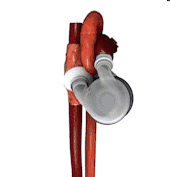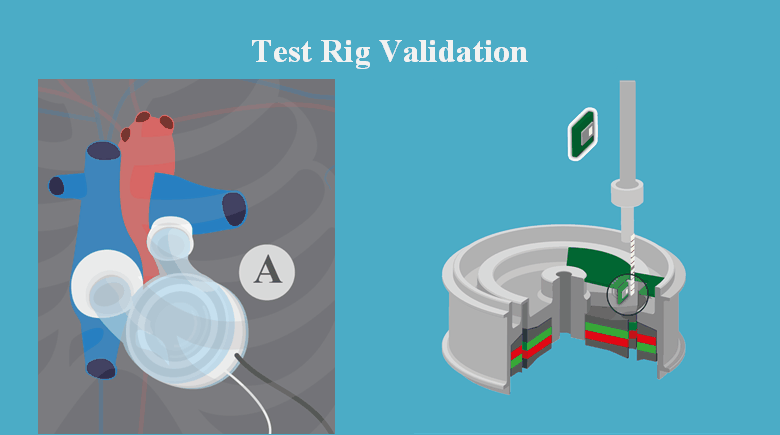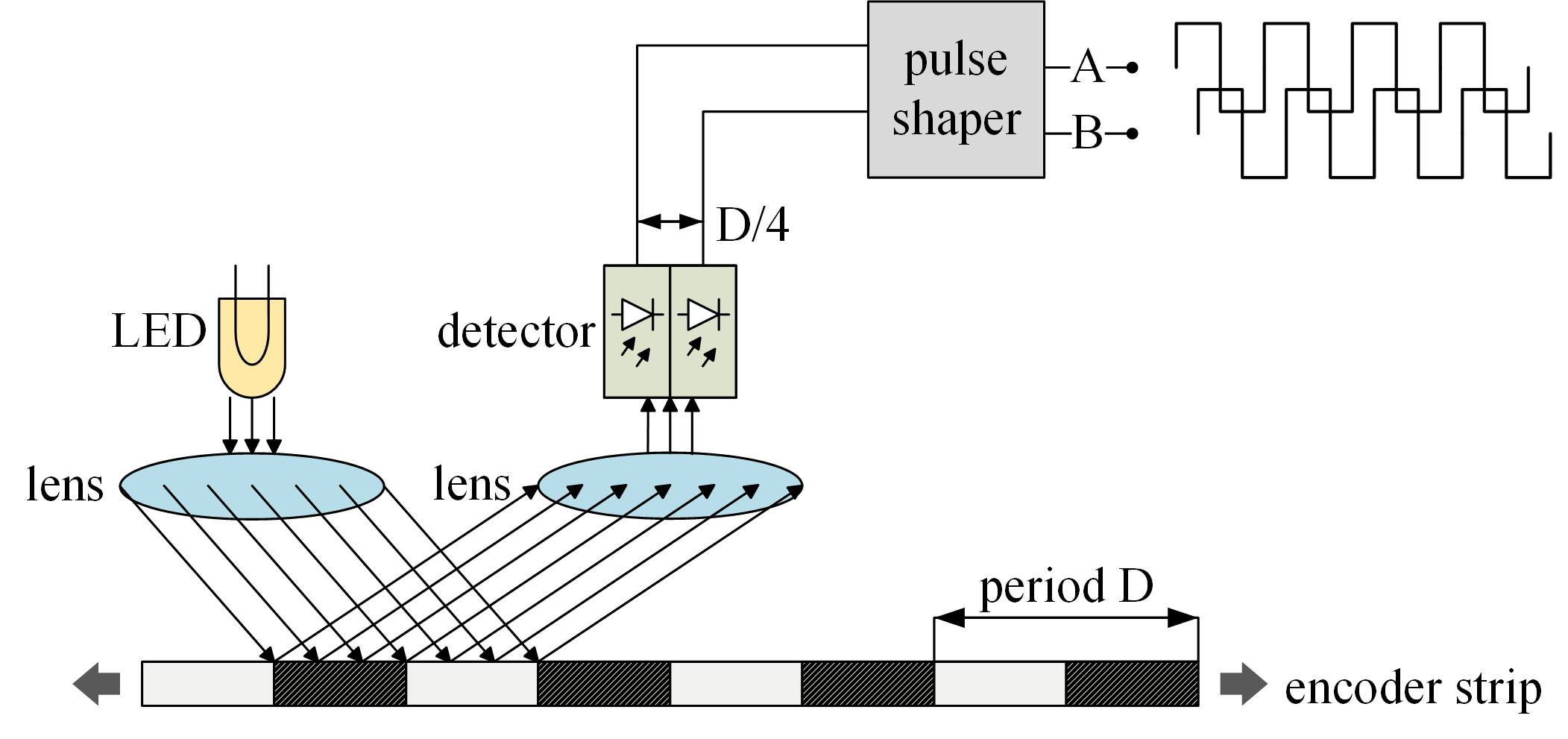Benedikt A. Pelletier, Yvonne M. Blaszczyk, Patrick Carstens, Felix Lamping, Gonzalo Alvarez, Marco Laumen, Thomas Finocchiaro, Ulrich Steinseifer, RWTH Aachen University, Germany, Volume: 63, Issue: 3, Pages: 478 – 484
We demonstrate the development and testing of various Position Sensing Systems (PSS’s) for miniaturized long-term applications with a focus on their validation in a Total Artificial Heart (TAH). We investigated the special requirements for the PSS resulting from the application in a TAH. Three PSS’s were designed according to these requirements. A specially designed test method was used to first validate each PSS for general use in a miniaturized application. This test method validated the speed, resolution and accuracy requirements for the PSS. In a second step, the PSS’s were integrated in a TAH to measure its stroke position for the drive control. In this application, further requirements apart from miniaturization were considered. Each PSS’s functionality in the TAH was validated in a Mock Circulation Loop (MCL) which simulates the human circulatory system. Two of the three designed PSS’s showed satisfactory results for all tested requirements inside the pump whereas the third PSS did not operate properly at full pump capacity. The best performing PSS was chosen for further use in the TAH. It performed up to a beat rate of 220 bpm. The extensive validation resulted in an accurate, miniature PSS for a TAH. Besides the use in a TAH, the presented PSS’s can be employed in a wide use of miniaturized applications. The introduced testing method allows the validation for general miniaturized applications, e.g. linear motor drives.
Research website: http://www.ame.hia.rwth-aachen.de/index.php?id=170&L=1
Keywords: Artificial biological organs, blood pumps, position sensing



